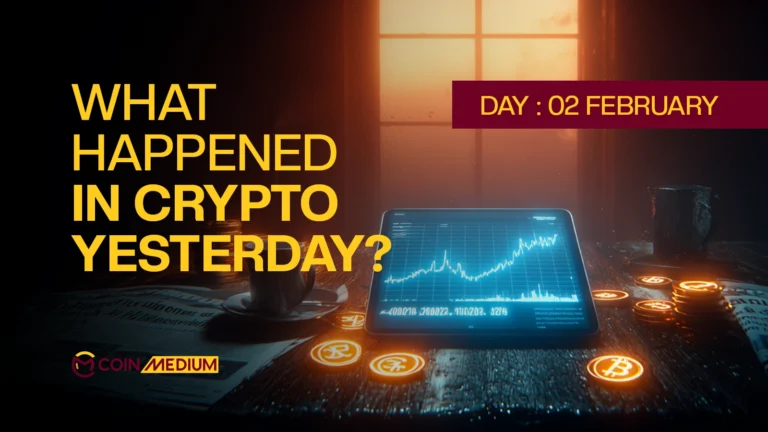Upbit, South Korea’s largest cryptocurrency exchange by trading volume, has launched its own Ethereum layer-2 network, Giwa, on testnet. The announcement was made during the Upbit D Conference 2025 on Monday.
Giwa, short for Global Infrastructure for Web3 Access, is built using the Optimism Foundation’s OP Stack. According to its documentation, the network will support one-second block times while leveraging Ethereum’s security for transaction settlement. The project’s stated mission is to make Web3 infrastructure “easy and fun for everyone.”
The testnet, called Giwa Sepolia, already includes developer tools for migrating Ethereum Virtual Machine (EVM) compatible smart contracts. A dedicated block explorer is also live to track network activity. Although Upbit has not yet disclosed a mainnet launch date, the action indicates aspirations to develop from an exchange into a more comprehensive provider of Web3 infrastructure.
Similar actions have been made by other exchanges: Binance launched BNB Chain in 2019 and Coinbase launched its Base network in August 2023. In addition to cryptocurrency companies, big IT companies like Google, Stripe, and Sony Group have either started or declared plans to start their own blockchain projects in 2025.
Giwa Testnet Goes Live with Built-In Developer Tools
Although Upbit has not disclosed a timeline for Giwa’s mainnet launch, its test network, Giwa Sepolia, already includes developer tools for migrating Ethereum Virtual Machine (EVM)-compatible contracts. A block explorer is also live, tracking testnet activity in real time.
According to Giwa’s documentation, the layer-2 blockchain is designed to produce blocks every second, enabling near-instant transaction finality. The network also emphasizes flexibility, allowing customization as the Optimism Foundation’s OP Stack continues to evolve.
Interestingly, with more than 4 million blocks already added to Giwa Sepolia, the one-second block time indicates that the chain may have been operating quietly before its official testnet announcement.
A report from the Hana Institute of Finance shows that over one in four South Koreans aged between their 20s and 50s (27%) currently hold cryptocurrency. The study, titled “2050 Generation’s Virtual Asset Investment Trends,” also found that 70% of these investors plan to increase their holdings.







